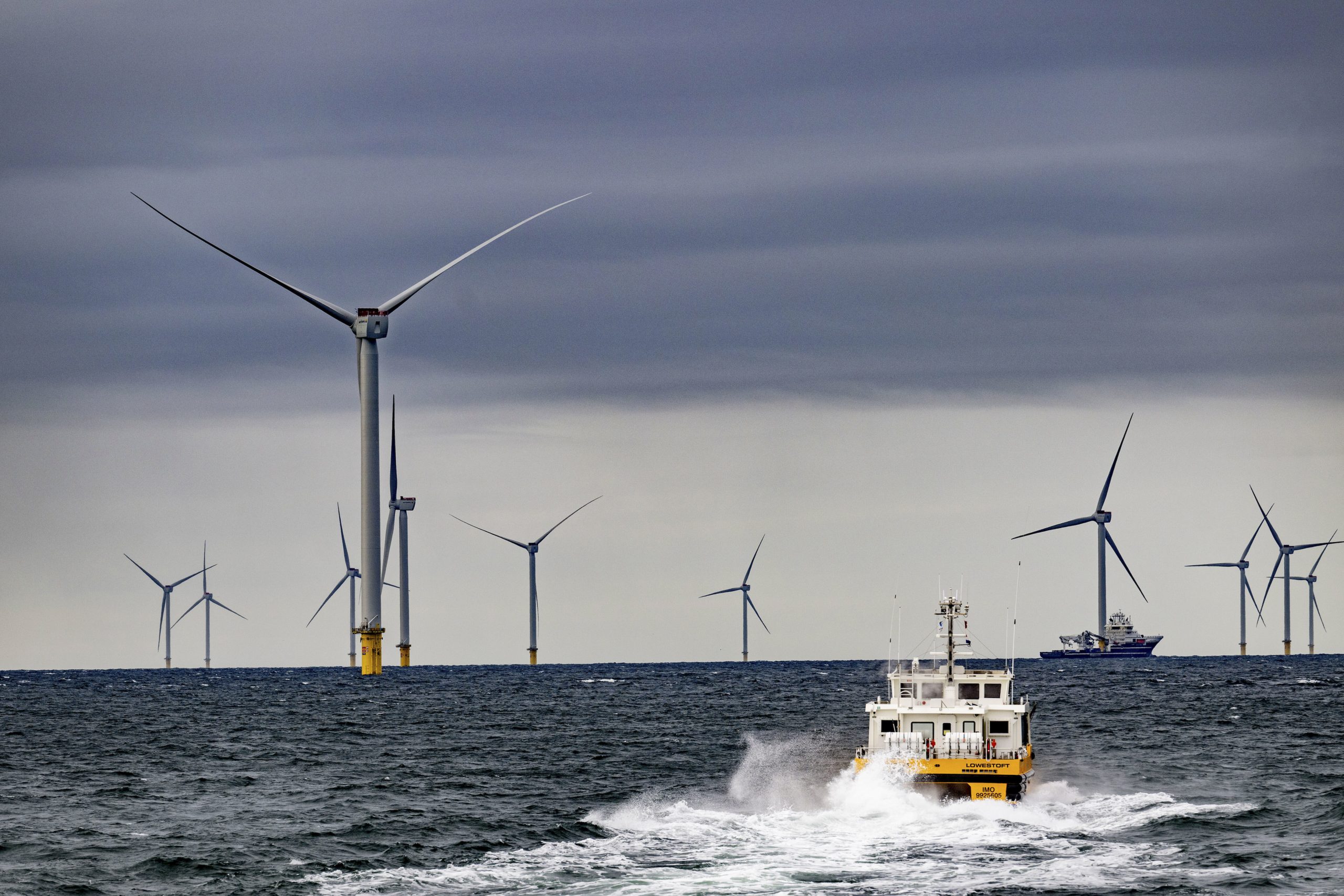On the morning of June 2, the Center for Clean Energy Engineering Center (C2E2) hosted U.S. Secretary of Energy Samuel Bodman, Under Secretary of Science Dr. Raymond Orbach, and U.S. Congressman (CT) Rob Simmons. Founded in 2001 and operated by the School of Engineering, the C2E2 is the largest university-based hub for fuel cell research, design and development in the nation. Secretary Bodman toured the center to gain an understanding of fuel cell related activities within the state and to highlight hydrogen as a fuel source for the future. The visit to UConn was arranged by former Dean of Engineering, Dr. Amir Faghri, United Technologies Endowed Chair Professor in Thermal-Fluids Engineering. Dr. Faghri welcomed Secretary Bodman and offered opening remarks at the commencement of the visit.
During his two-hour visit, Secretary Bodman-joined by Congressman Simmons and Under Secretary Orbach- toured the C2E2, met with representatives from Connecticut’s leading fuel cell companies and C2E2 personnel, and announced a new $34.6 million federal initiative to support energy efficiency enhancements in offices and residences nationwide. The state of Connecticut is slated to receive $514,000 under the Department of Energy initiative.
Amid tight security and the pervasive presence of Secret Service agents throughout the event, the visit was well attended by University officials, members of the media, fuel cell business leaders and faculty. Secretary Bodman and Congressman Simmons also met- and presented a Congressional Certificate of Merit-to sixth grader Kyle Hoyt of Durham, a young inventor who won honors at the 2006 Connecticut Invention Convention for his innovative design of a mini solar heater.
During an invitation-only roundtable discussion, Secretary Bodman spoke with officials from the C2E2, CL&P, FuelCell Energy, UTC Power, Distributed Energy Systems Corp. and the Connecticut Clean Energy Fund. C2E2 Director Kenneth Reifsnider, the Pratt & Whitney Chair Professor in Design & Reliability, said Secretary Bodman was uncompromising in informing Connecticut’s fuel cell companies and researchers that he expected them to quickly refocus their efforts away from pure research and into applications. A chemical engineer by training, Secretary Bodman expressed impatience as he charged the roundtable participants to quickly transform their fuel cell know-how into practical use in consumer and industrial products. He alluded to various factors that demand more immediate action by alternative energy companies, including global warming and the continued rise in fossil fuel costs.
During his press conference remarks, Secretary Bodman expressed optimism that the nation’s economy will continue to improve despite rising energy costs. He commented that the U.S. is becoming less dependent on oil and fossil fuels than it once was, but that the U.S. must find ways to develop alternative sources of energy, including fuel cells.
Dr. Faghri, Dr. Reifsnider and C2E2 Associate Director Tricia Bergman hosted the event and participated in the tour and roundtable discussion. Secretary Bodman viewed a number of fuel cell-related demonstrations and poster presentations by C2E2 faculty during his tour. He was keenly interested in understanding the core technology underlying each demonstration, and in learning the technological barriers to widespread application, according to Dr. Reifsnider. Among the demonstrations and posters presented during Secretary Bodman’s visit were:
- Hydrogen storage for PEM fuel cells – Leon Shaw, a professor in the Chemical, Materials & Biomolecular Engineering Department
- Air passive 25 watt PEM fuel cell – Distinguished Professor of Engineering and Department Head of Mechanical Engineering Ranga Pitchumani
- Membrane durability lab for PEM fuel cells – Pratt & Whitney Chair Professor in Design & Reliability Kenneth Reifsnider
- Tubular solid oxide fuel cell – design technician Peter Menard
- Direct methanol fuel cell – United Technologies Endowed Chair Professor in Thermal-Fluids Engineering Amir Faghri
- Poster presentations by Monty Shaw, a professor in the Chemical, Materials & Biomolecular Engineering Department, and professor of Chemistry Steven Suib
Secretary Bodman also viewed a number of ongoing research and demonstration projects that currently reside within the C2E2 and are operated by FuelCell Energy, GenCell, UTC Power and Distributed Energy Systems Corp.

